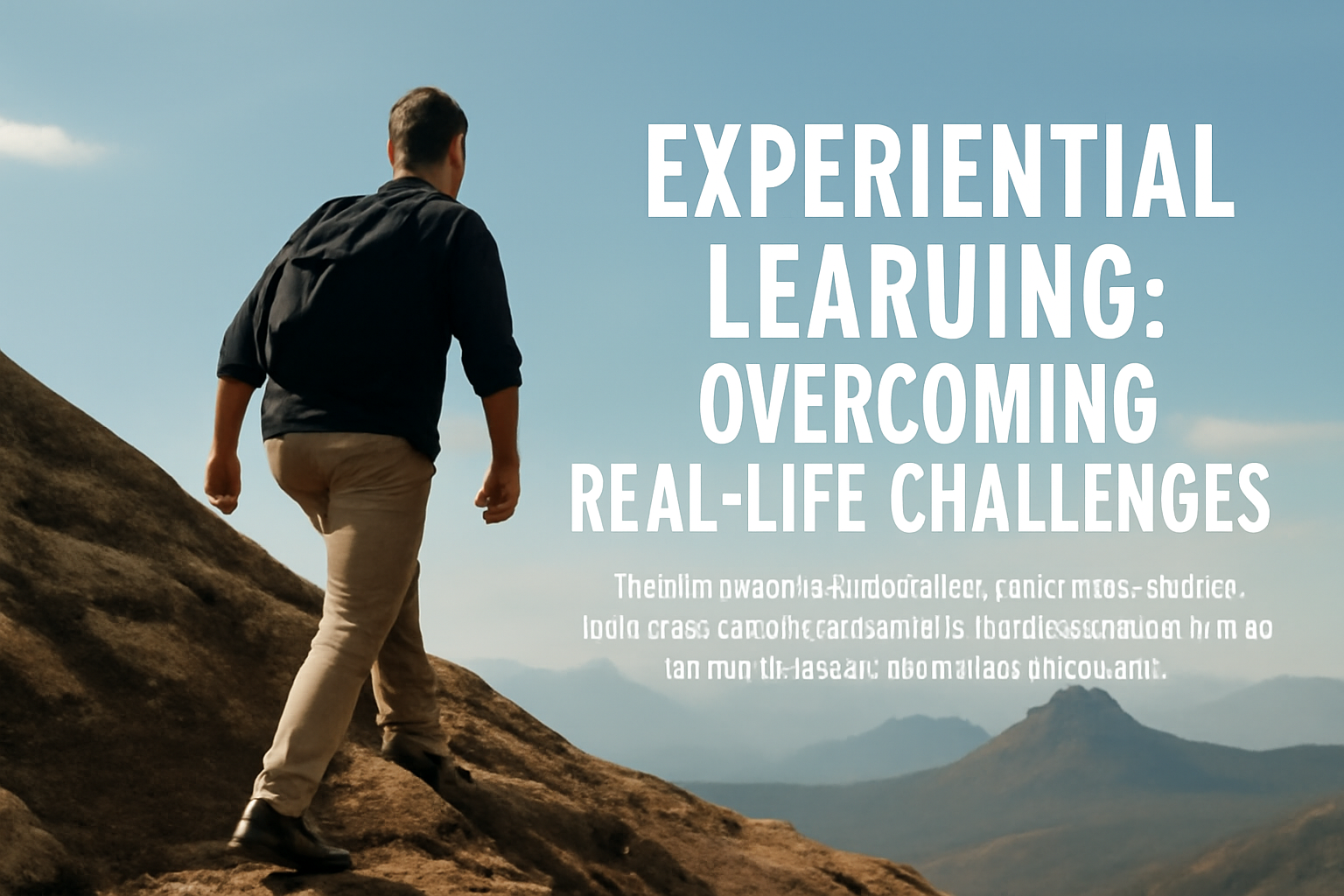Location
Mount Vernon, WA 98274
Location
Mount Vernon, WA 98274

In an era where conventional assessments often fall short, experiential learning emerges as a transformative approach to personal growth. This article explores how real-life challenges serve as powerful tests that shape our resilience and adaptability, ultimately redefining success.
The landscape of personal development is rapidly evolving, moving beyond traditional tests and metrics to embrace more holistic approaches. In a world filled with uncertainty and constant change, the ability to navigate life’s challenges is becoming increasingly vital. Experiential learning, which emphasizes learning through experience rather than traditional academic assessment, is gaining traction as a key method for fostering resilience and adaptability.
Recent studies indicate that individuals who engage in real-world simulations and hands-on experiences tend to develop stronger problem-solving skills and emotional intelligence. These skills are not only crucial for personal growth but are also highly sought after in the workplace. For instance, a 2023 report by the World Economic Forum highlighted that adaptability and emotional intelligence are among the top skills employers are looking for in candidates, emphasizing the need for innovative assessment methods.
One notable example of experiential learning in action is the rise of escape rooms as a form of team-building exercise. These immersive experiences place participants in challenging scenarios where they must collaborate and think critically to solve puzzles and escape within a time limit. According to a study published in the Journal of Experiential Education, participants reported increased confidence and improved teamwork skills after engaging in such activities.
Moreover, the integration of technology in learning environments has further revolutionized the way individuals face life’s tests. Virtual reality (VR) simulations, for example, allow users to confront challenges in a safe and controlled environment. A 2022 study from Stanford University found that VR experiences significantly enhanced participants’ ability to handle stressful real-life situations, proving that simulated environments can effectively prepare individuals for the unpredictability of life.
However, it’s essential to recognize that the impact of experiential learning extends beyond skill acquisition. Engaging in real-world challenges fosters emotional resilience by providing individuals with the opportunity to confront failure and learn from their mistakes. This process is critical for personal growth, as it encourages a mindset that views challenges as opportunities rather than obstacles.
In conclusion, as we navigate an increasingly complex world, embracing experiential learning as a valuable tool for personal development can lead to profound growth. By recognizing the importance of real-life challenges in shaping our resilience and adaptability, we can redefine success and prepare ourselves for the tests that life inevitably presents. Whether through collaborative experiences, innovative technologies, or simply facing our fears, the journey of personal development is one that thrives on the tests of life.